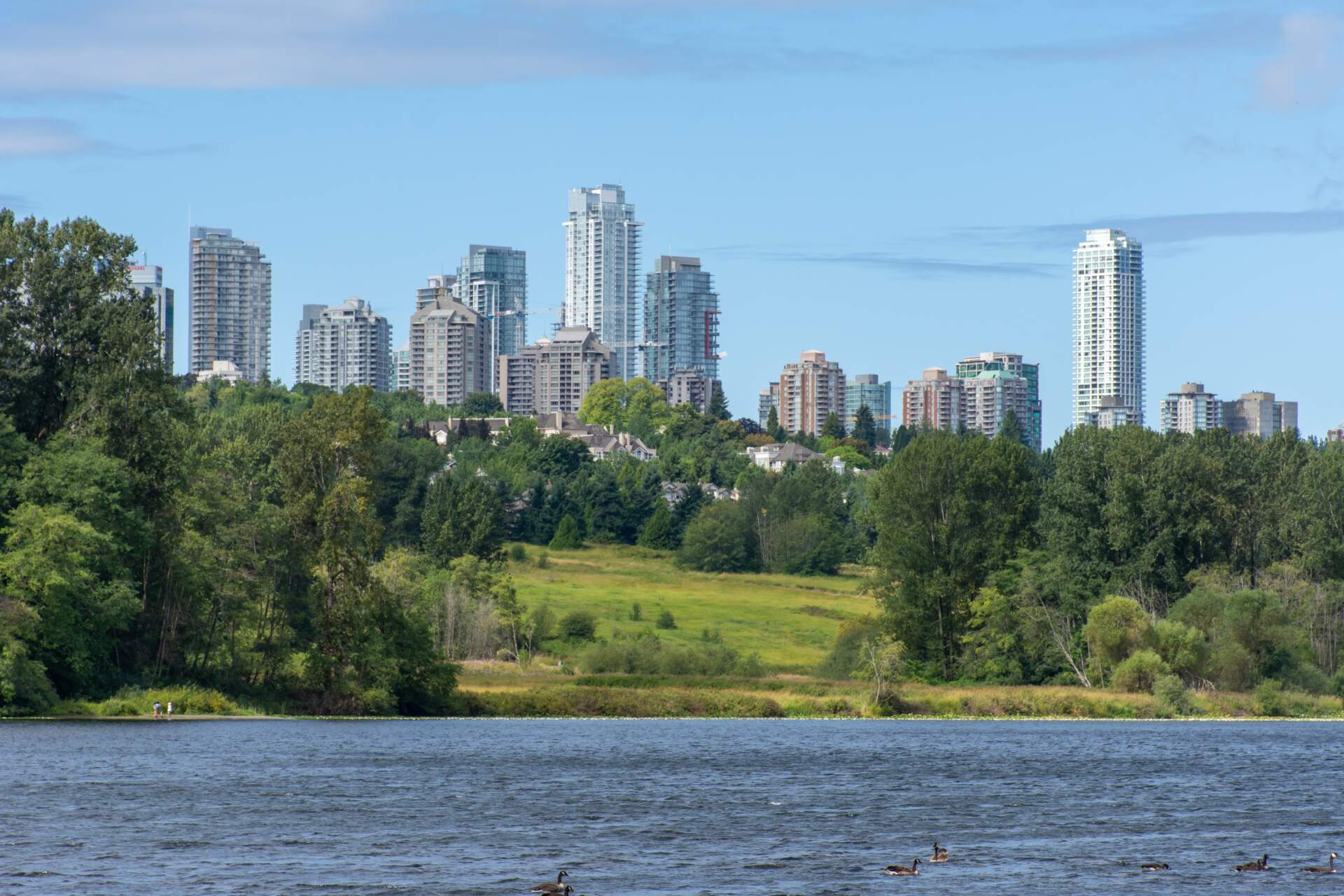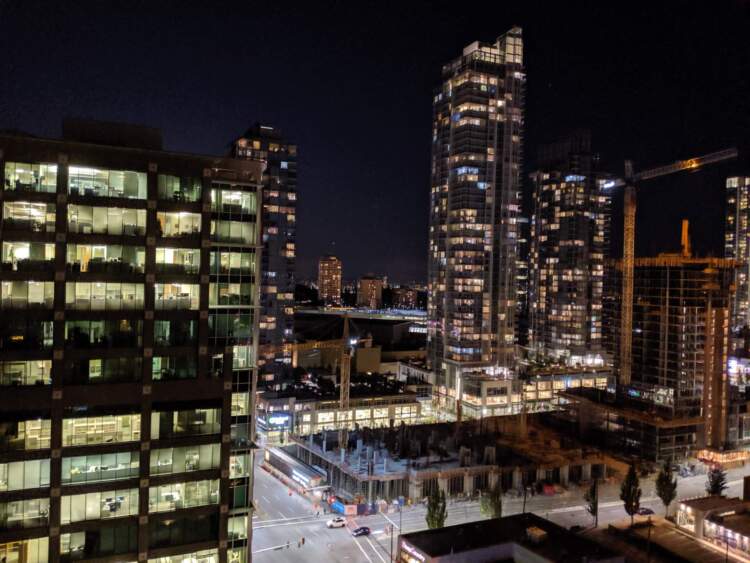Burnaby Short Term Rental Regulations

In response to an emerging trend in the tourism industry, the City of Burnaby has introduced new regulations for short-term rentals that protect long-term inventory and prevent disruptions to local neighbourhoods.
Source: Unslpash
“It’s important that we do all we can to create a proper balance with housing in our community. We need housing that is available and affordable, so everyone can live here,” said Burnaby Mayor Mike Hurley. “At the same time, we want to support tourism and ensure residents benefit from emerging technologies and marketplaces.”
Burnaby City Council is considering amendments to the Burnaby Zoning Bylaw, the Business Licence Bylaw, Business Licence Fees Bylaw, and the Bylaw Notice Enforcement Bylaw in order to establish a short-term rental program specifically for homeowners who wish to conduct short-term rentals within their principal residence.
Source: Unslpash
The proposed bylaw amendments are based on the framework adopted by the City Council in July 2020 and include the following key provisions:
- Business licence required and must provide evidence that the address of the short term rental is the applicant’s principal residence
- Must be for principal residence only, not permitted in rental units, secondary suites
- Can only rent out for 90 nights of a calendar year as short term and the short term rental operator/applicants not be absent from their principal residence for more than 28 nights (so I guess it must be a local owner)
- Operator must deliver their contact info to their neighbours and record every address the notice was delivered to
- Business licence must be posted in a conspicuous place within the short term rental
- Must post a fire safety plan by all entrances and exits
- Must be available at all times to respond to complaints in respect of the short term rental
As a result of the rapid growth of online platforms such as Airbnb and VRBO, which facilitate the booking of private residences for use as tourist accommodations, Burnaby introduced this framework. These types of platforms are popular with tourists and homeowners, but it is also intended to protect both the supply and affordability of long-term rental housing, as well as the safety and security of residential neighbourhoods and buildings.
Learn More: Short-term rental proposed bylaw amendments
Media Contact:
Chris Bryan
Manager, Corporate Communications
Corporate Communications and Marketing Departments
604-570-3616 | ac.ybanrub@nayrB.sirhC
For more information about Burnaby short term rental regulations call Geoff Jarman at 604-313-7280




